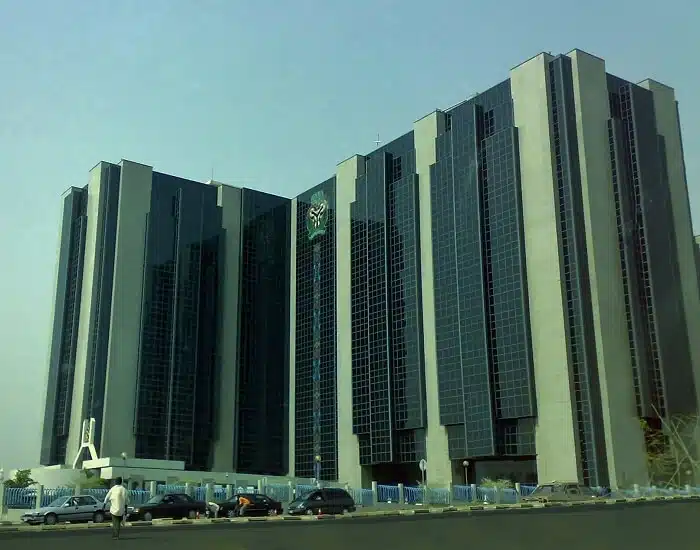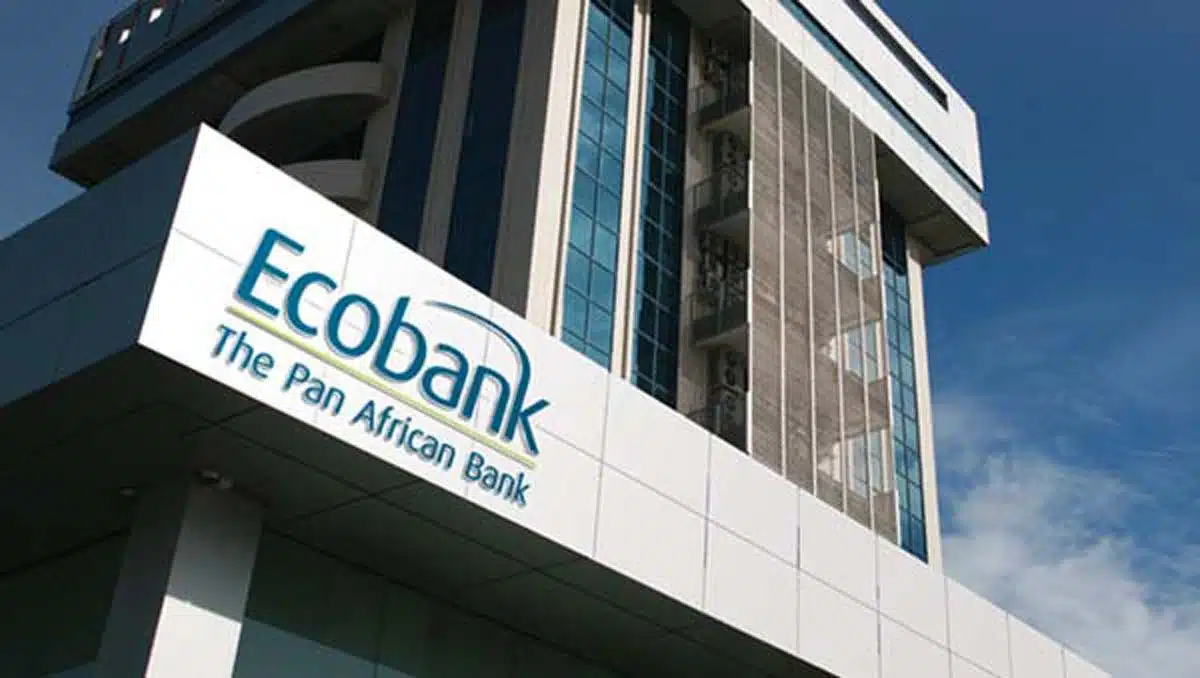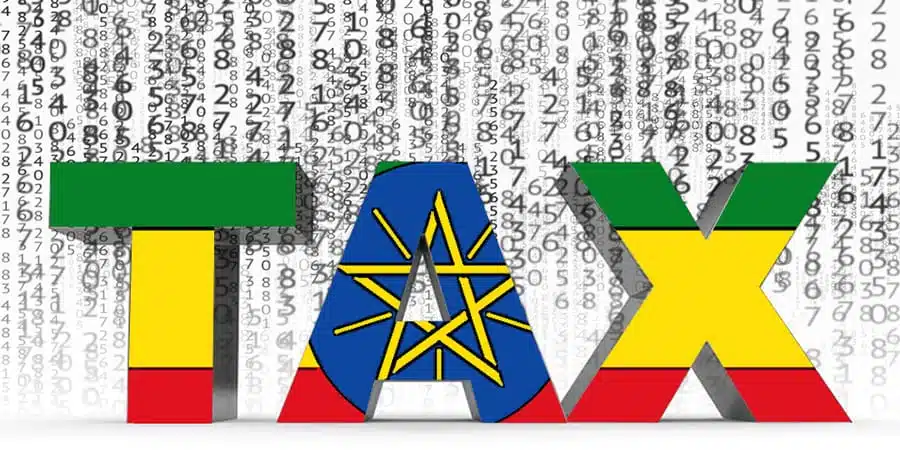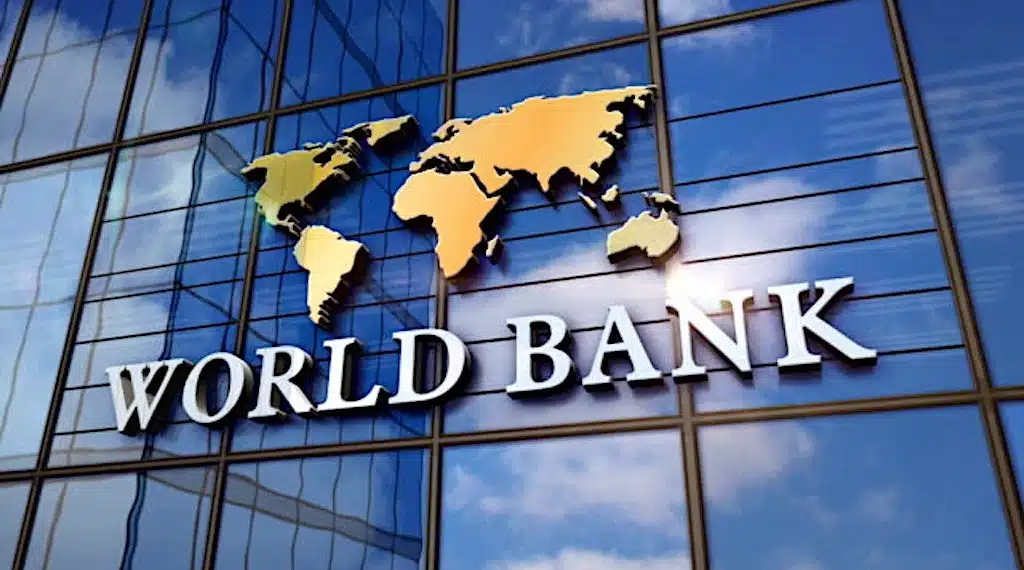The Central Bank of Nigeria, on Monday, 27th January 2025, released the FX Code for the market’s participants – banks, personnel and other approved institutions. By the code, participants are to conduct their activities with higher operational and ethical standards. The code also mandates participants to submit a copy of their compliance report to the CBN by January 31, 2025.
Earlier on, the CBN had announced that the code would be released to provide “clear directives on the expectations for participants in the FX markets, ensuring that the market operates in a fair and transparent manner.”
The code draws its standards from the Global FX code, which has been accepted by 51 other countries. It provides that market participants are to ensure that appropriate policies are put in place to prevent illegal money transfer and money laundering activities which will dampen the CBN’s efforts to remove Nigeria from the FATF’s grey list and improve the country’s FX market standing on the global scale.
In 2023, Nigeria was placed on the Financial Action Task Force’s (FATF) grey list because of rising capital inflows and notable deficiencies in its anti-money laundering (AML), counter-terrorism financing (CTF), and counter-proliferation financing regime.
The CBN governor, in the Annual Bankers Dinner, 2024, reiterated the Bank’s efforts to exit the grey list. As of December 2024, the Nigerian Financial Intelligence Unit (NFIU) announced that Nigeria had already satisfied 37 out of the 40 requirements for it to exit the list.
Details of the code
The code is structured around six principles which participants are expected to abide by:
- Ethics:
Market Participants are expected to behave in an ethical and professional manner to promote the fairness and integrity of the FX market.
2. Governance:
Participants are to implement sound and effective governance framework to provide for clear responsibility for and comprehensive oversight of their FX market activities and to promote responsible engagement in the FX market.
3. Execution:
Participants are expected to exercise their duty of care when negotiating and executing transactions to promote a robust, fair, open, liquid, and appropriately transparent FX market.
4. Information Sharing:
Participants are to be clear and accurate in their communications and to protect confidential information to promote effective communication that supports a robust, fair, open, liquid, and appropriately transparent FX market.
5. Risk Management and Compliance:
Participants are to promote and maintain a robust controlled and compliance environment to effectively identify, manage, and report on the risks associated with their engagement in the FX market.
6. Confirmation and Settlement Processes:
Market Participants are expected to put in place robust, efficient, transparent, and risk-mitigating post-trade processes to promote predictable, smooth, and timely settlement of transactions in the FX market.
Compliance
Per the code, the document is issued as an FX market guideline under powers given to the CBN in the CBN Act 2007 and BOFIA Act 2020 for the regulation of the FX market. As such, market participants are to conduct a self-assessment and submit a copy of the report on the institution’s level of compliance with the Code by January 31, 2025.
After the report, market participants will also be required to submit to CBN a detailed compliance implementation plan that is approved and signed by their Board along with the extracts of the Board meeting.
The code further directed that market participants will submit a report in every quarter of its compliance level. This quarterly report will be submitted to the Financial Markets Department (FMD) within 14 days after the end of every calendar quarter, with the first report due by March 31, 2025.
Enforcement mechanisms
The code provides that the CBN may take appropriate enforcement and other administrative action, including monetary penalties as provided for under the CBN Act 2007 and BOFIA Act 2020 against any market participant for failure to comply with its provisions.
The FX code presents an opportunity for banks, financial institutions and other market participants to strengthen their compliance standing with the CBN. As banks and other participants carry out their self-assessment and implement new measures to meet the new FX code standards, it’s hoped that the FX market becomes more transparent and efficient.






